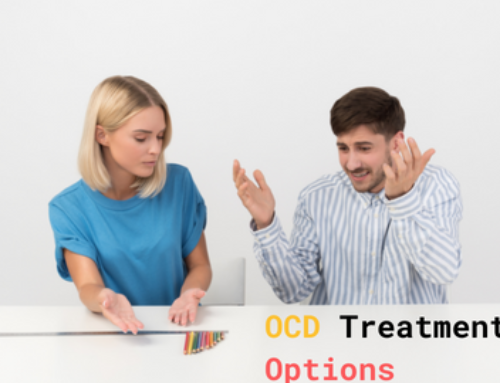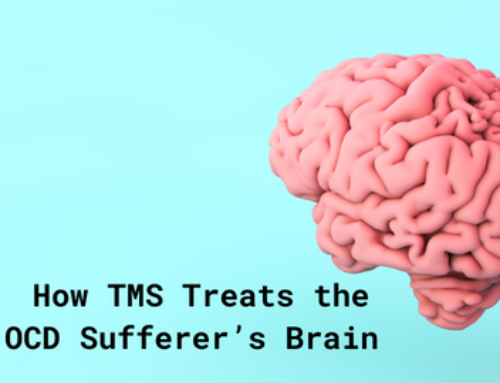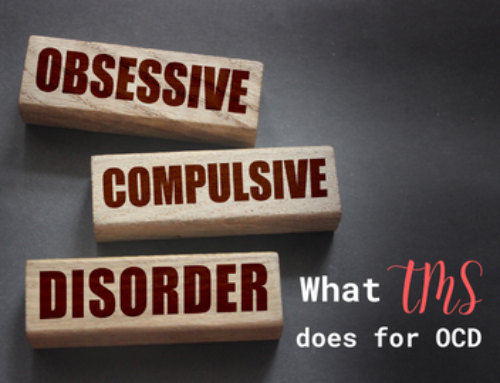Rochester Holistic Psychiatry has momentous news: We can now offer transcranial magnetic stimulation (TMS) to treat obsessive-compulsive disorder (OCD)! Our NeuroStar equipment has just been cleared as
safe and effective to use for our patients with OCD. We could not be happier. For a long time, using TMS to treat OCD was a rare option, used mostly in experimental therapy. NeuroStar can boast being the first FDA-approved TMS equipment made for major depressive disorder (MDD), and this is a huge step forward.
OCD is one of the more common mental health conditions in the United States. OCD is often spoken of lightly, e.g., in the context of someone wanting to keep their space neat. But people suffering from
obsessive-compulsive disorder experience actual suffering, not just inconvenience. The anxiety from OCD can be crippling, preventing those with the disorder from living their lives as they wish to.
Some of the symptoms of obsessive-compulsive disorder include:
- Obsession with certain behaviors, also known as rituals. Common examples are checking and rechecking that the doors are locked before leaving home.
- Fear of bad things happening if the rituals are not observed.
- Preoccupation with rituals, lists, and details to the point that tasks are undone.
- Confusion and inability to focus.
- Extreme anxiety, anger, distress, or any combination of these and other negative emotions, when they believe things are out of order or a ritual, like not stepping on tile borders, is undone.
If someone is able to receive TMS (a person without metal implants above the neck, seizure disorders, pacemakers, and such), TMS is an excellent accompaniment to the usual methods of treating OCD.
These include:
- Cognitive behavioral therapy (CBT)
- Medication
- Psychiatric care
- Talk therapy
- Support groups
- Social support
- Personal mindfulness
The medical professionals at Rochester Holistic Psychiatry will work with the patient and their other medical care providers to come up with the best mix for the patient. Sometimes there is no need for
TMS, but if someone is not able to achieve remission, TMS can now be something to try. Cloud-based software designed by Neuronetics for NeuroStar equipment will allow the training materials, reference
literature, and other protocols to be updated in real time.
Contact us on our website or call (585) 442-6960 for more questions or to schedule an appointment.




